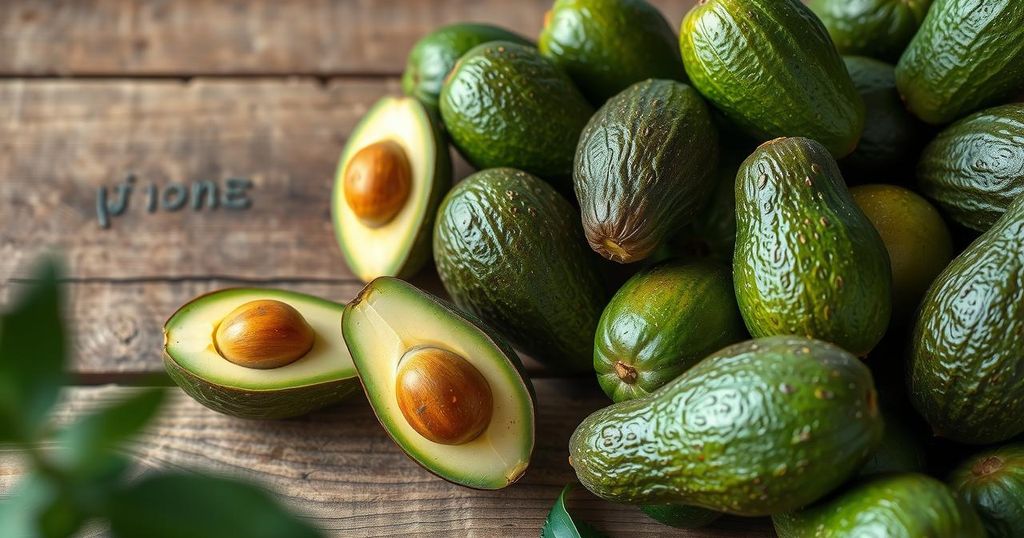South Africa’s VAT will increase from 15% to 16% by April 2026 in two stages to generate additional revenue for public services. The government has faced political opposition to this tax hike, citing concerns over consumer burdens. Additionally, personal income tax brackets will remain unchanged, leading to potential tax increases for workers. The nation continues to contend with economic challenges and the necessity to balance fiscal recovery with public acceptance.
South Africa’s government announced a phased increase in the value-added tax (VAT) rate from 15% to 16% by April 2026. Finance Minister Enoch Godongwana conveyed this decision during his 2025 Budget Speech. The VAT will rise to 15.5% on 1 May 2025, followed by the full increase to 16% on 1 April 2026, with the aim of generating an additional R13.5 billion ($736 billion) for essential public services such as healthcare and education.
This tax increase has been met with political resistance. Key opposition parties, including the Democratic Alliance (DA) and members of the African National Congress (ANC), initially contested a more significant tax hike. To mitigate backlash and economic impact, the government chose a gradual approach. DA leader John Steenhuisen advocated for alternative revenue strategies, suggesting asset sales and expenditure cuts instead, reflecting broader concerns that the VAT hike will further burden consumers amid rising living costs.
To alleviate the impact on low-income households, the government will expand the list of zero-rated VAT items from 1 May 2025. New additions will include essential goods such as tinned vegetables and various meats.
Moreover, the government announced that personal income tax brackets will not be adjusted for inflation in 2025/26, resulting in “bracket creep.” This adjustment could place workers with inflation-linked pay increases into higher tax brackets, increasing their overall tax burden and expected to yield an additional R18 billion ($981 billion).
Excise duties on alcohol and tobacco are also set to rise, exceeding inflation, while fuel levies will remain unchanged to mitigate financial pressures on consumers. The delay of the 2025 budget, postponed from February to March, underscores the entrenched challenges facing the coalition government.
South Africa’s economic forecast appears bleak, with growth predictions lowered to 1.9% for 2025, following a mere 0.6% growth in 2024. The government aims to stabilize gross loan debt and reduce budget deficits while grappling with substantial debt servicing costs surpassing allocations for crucial services.
The VAT increase is designed to bolster revenues essential for public services, but it coincides with heightened economic pressure on citizens. By implementing the increase gradually and expanding zero-rated items, the government seeks to balance fiscal needs with public acceptance amid rising political tensions and slowing economic growth.
In summary, South Africa will increase its VAT rate from 15% to 16% in phases by April 2026 to address fiscal challenges. Despite generating vital revenue for essential services, this increase faces considerable political opposition and concerns about its impact on consumers. The government also opted against adjusting personal income tax brackets for inflation, adding to the financial burdens of workers. As South Africa navigates its economic landscape, balancing fiscal responsibility and public sentiment remains a crucial challenge.
Original Source: thecondia.com




